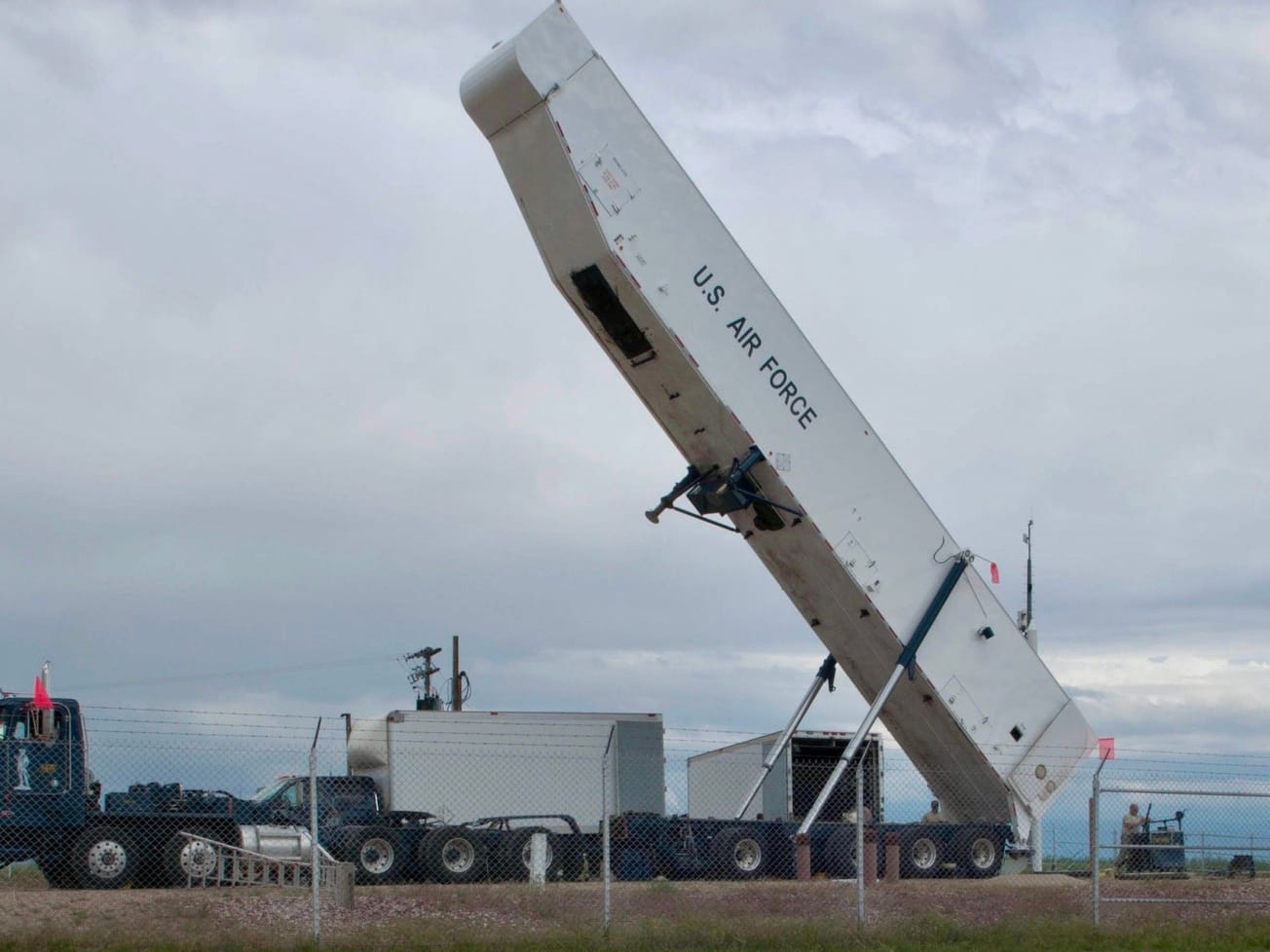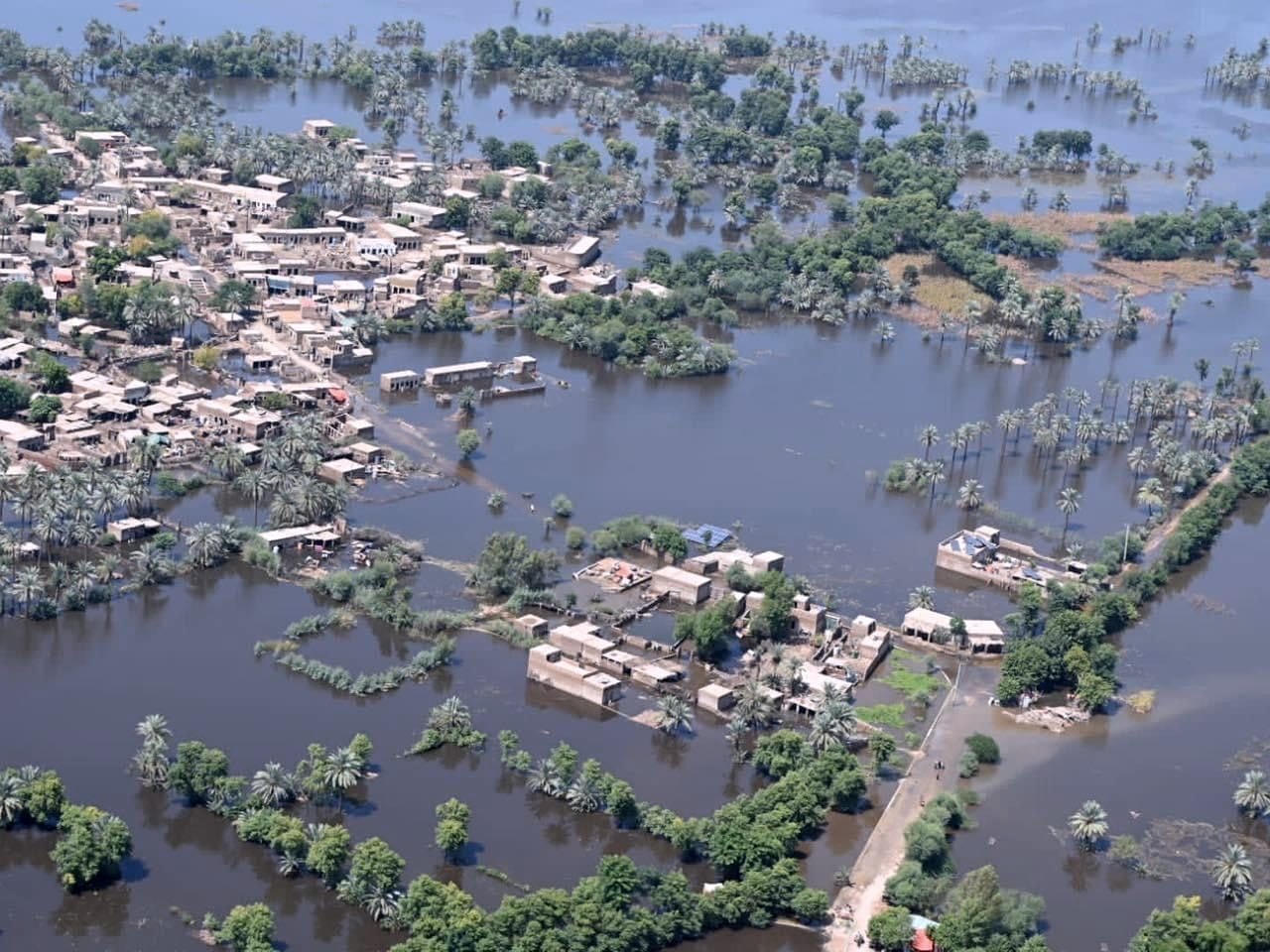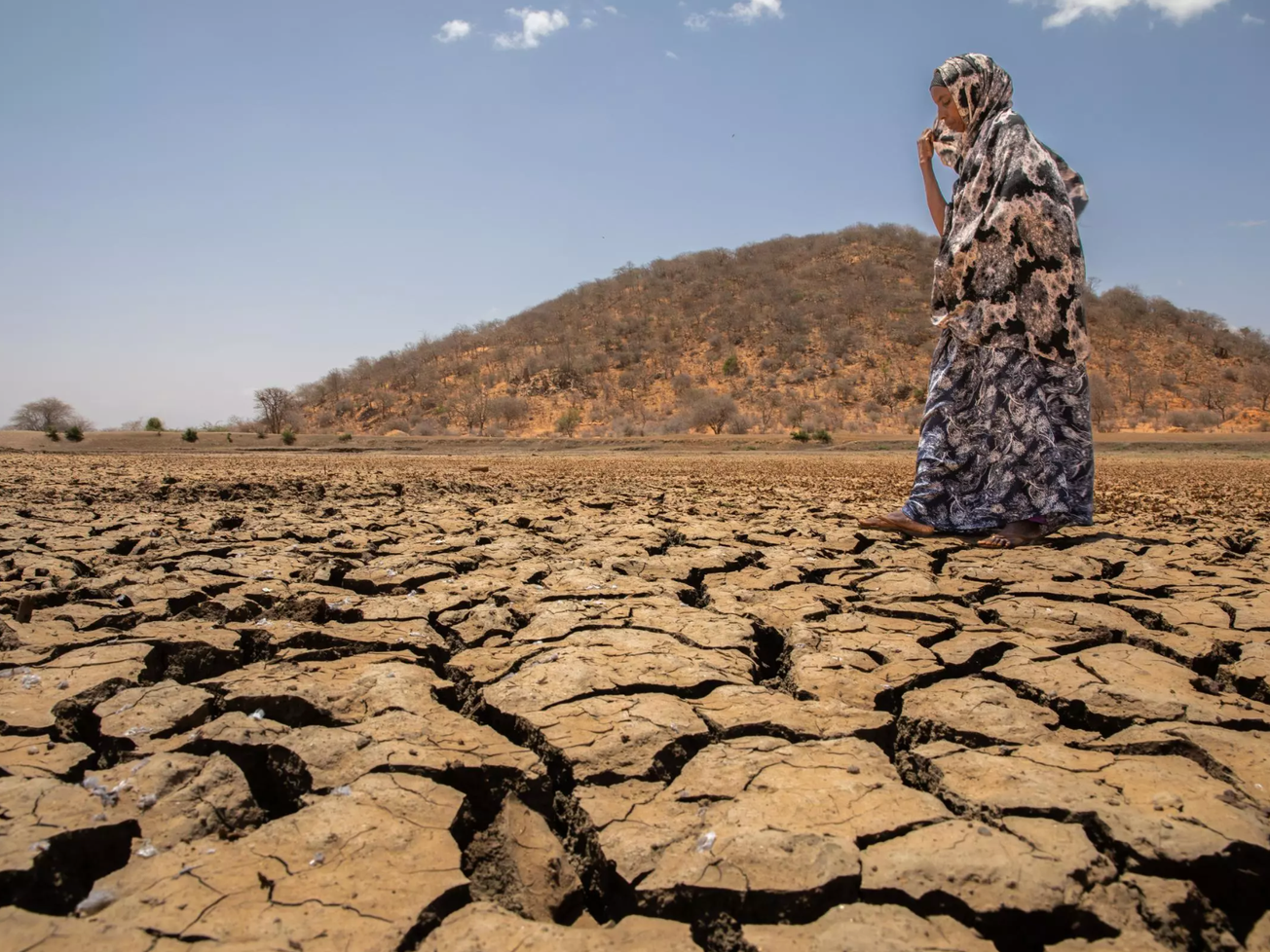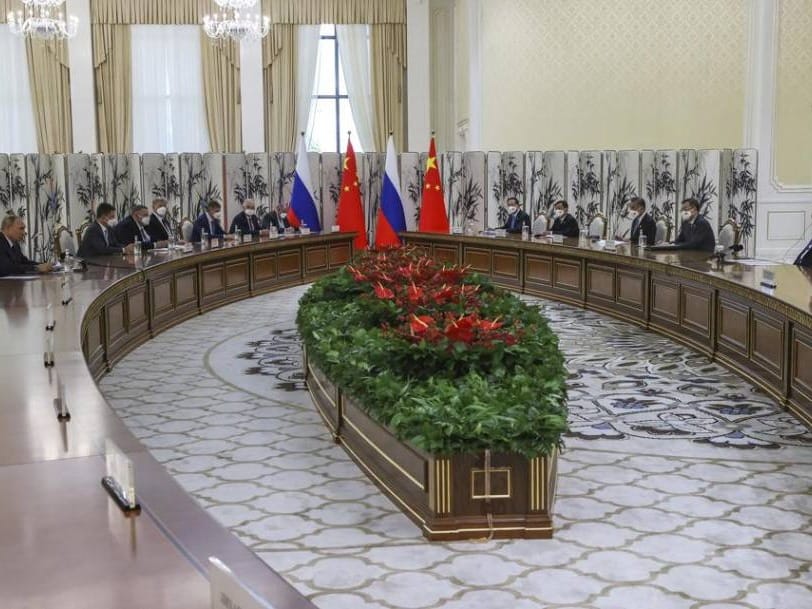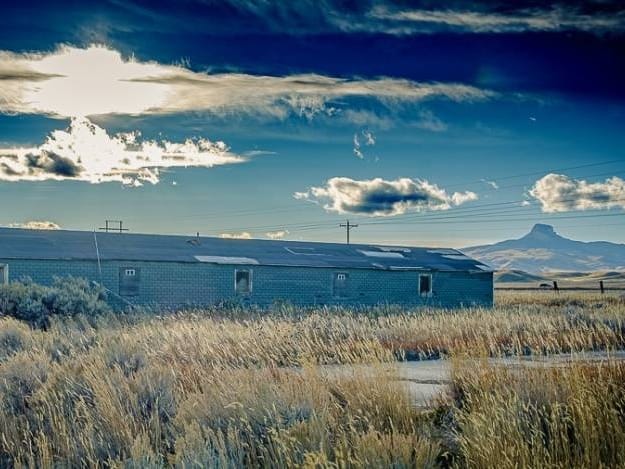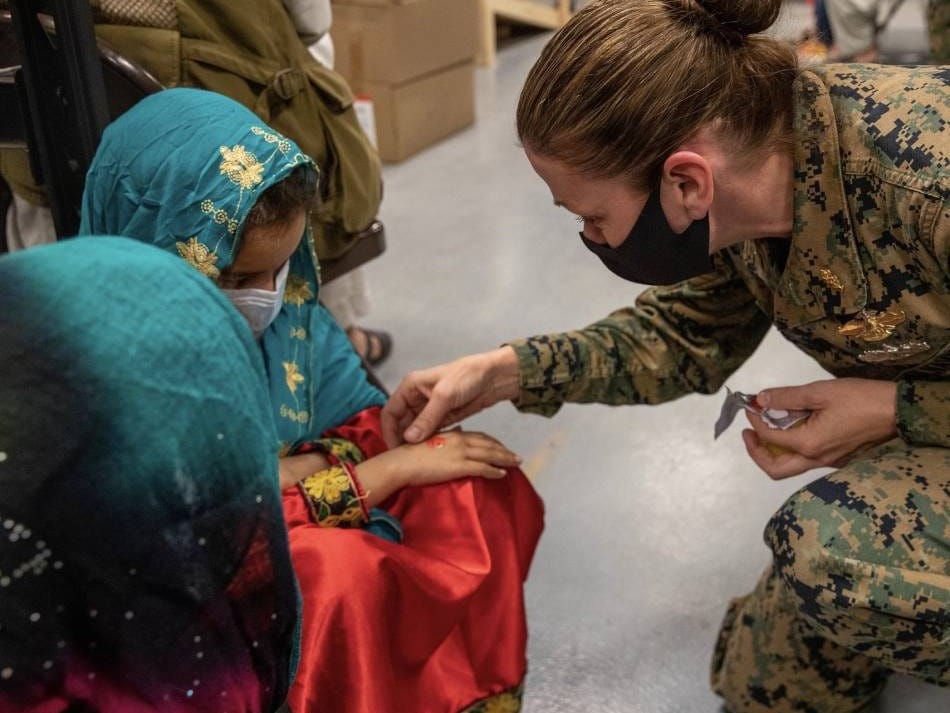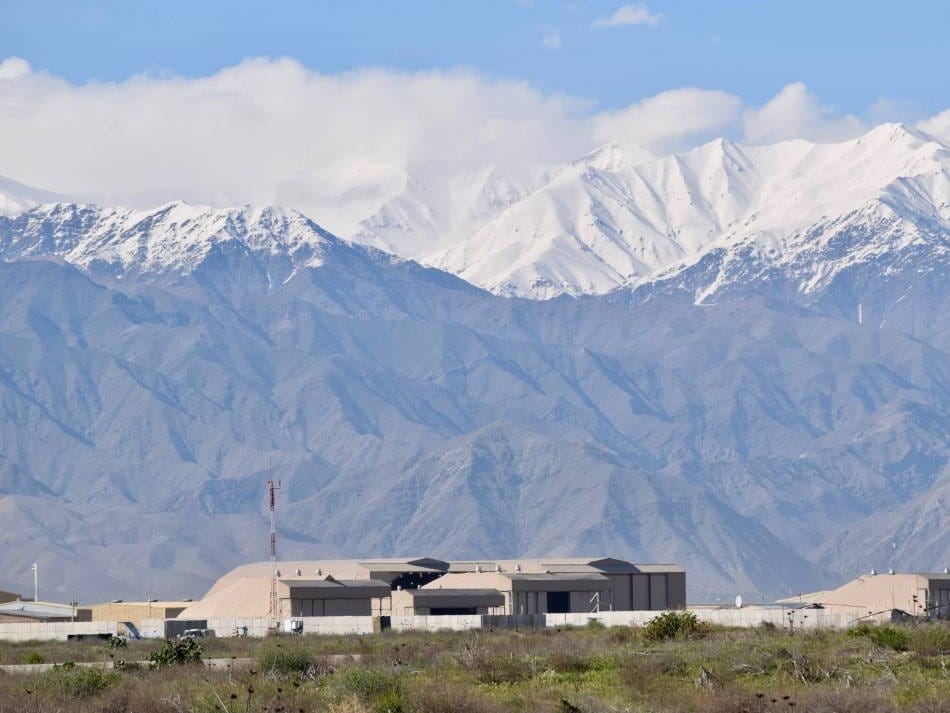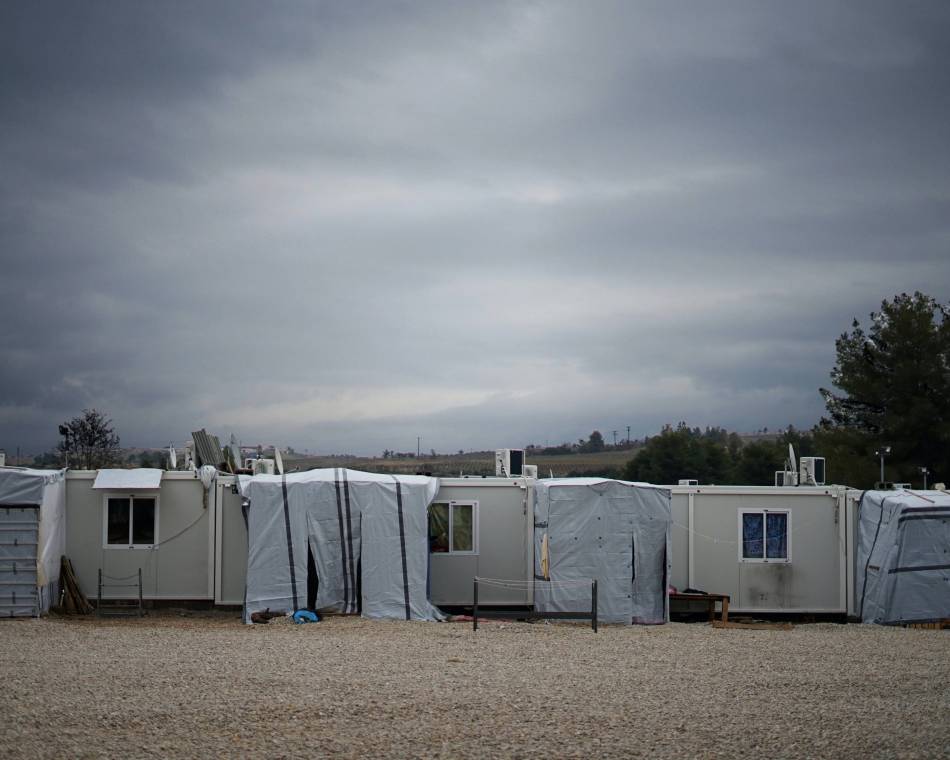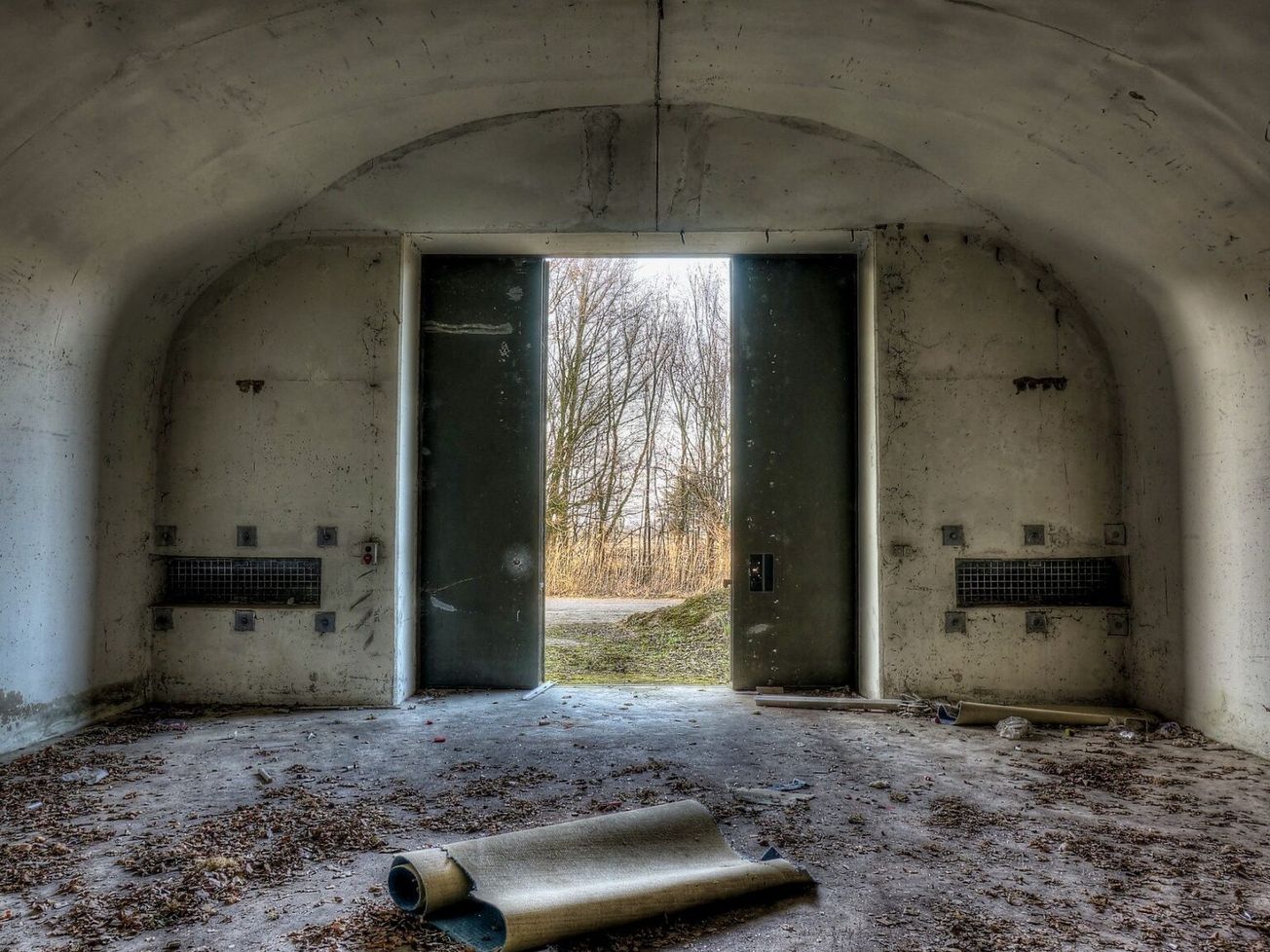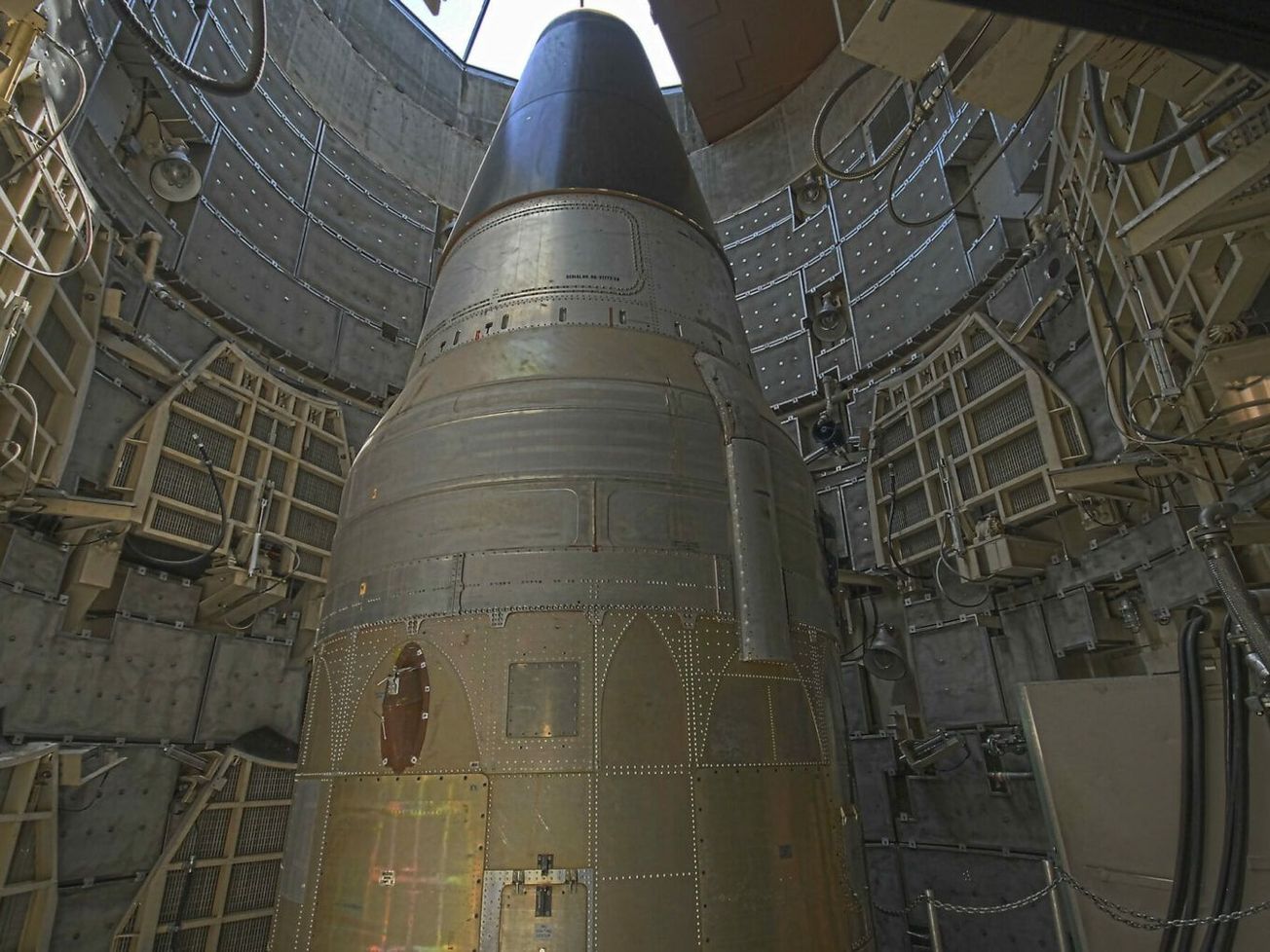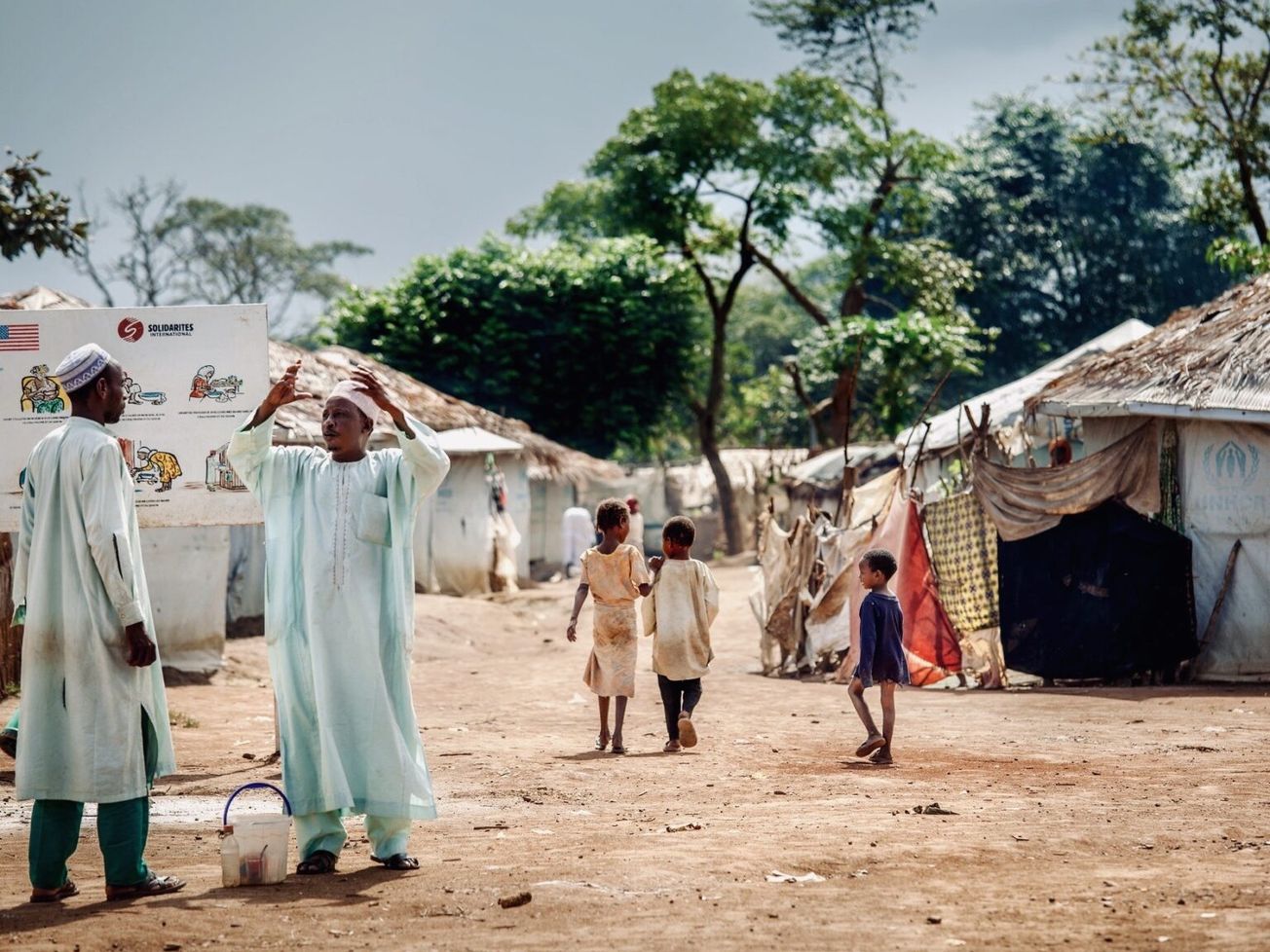
'Continuous advance' of climate crisis pushes 1.15° C. warming
Droughts, floods and heatwaves drove food insecurity and mass migration as communities on every continent were hit by massive costs, the World Meteorological Organization said.
Already have an account? Log in
Droughts, floods and heatwaves drove food insecurity and mass migration as communities on every continent were hit by massive costs, the World Meteorological Organization said.
Hundreds of accounts of world leaders and their institutions, plus 40 organizations and their leaders, were to be demoted.
The NATO chief emphasized the need to negotiate new arms control arrangements, despite broad geopolitical worries.
Nuclear warheads available to nations for deployment reached 9,576 at the start of 2023, up from 9,440 a year earlier.
While many developing nations suffered droughts and floods, Russia’s invasion of Ukraine disrupted food supply lines.
Drought, floods, disease outbreaks and a global food crisis add pressure for real action at the U.N. climate summit in Egypt.
At the SCO summit, China called its partnership with Russia 'as stable as mountains' despite some questions and concerns.
Entrenched racism, white nationalism, aggressive policing and xenophobia stifle the rights of Americans nationwide.
The report blames misinformation, conflicts and wars, lockdowns, supply chain disruptions and diverted resources.
The U.N. health agency and other international organizations began airlifting emergency supplies to Afghanistan through neighboring Pakistan and its airline.
Despite the pandemic, the number of people fleeing for safety around the world rose to almost 82.4 million last year.
Fifty nations ratified a treaty to ban nuclear weapons that will enter into force in 90 days, the U.N. confirmed on the same day it was founded 75 years ago.
Amnesty International announced it must cease its human rights work in India because Prime Minister Narendra Modi's government froze its bank accounts.
U.S.-Russia nuclear talks resumed after more than a year, despite unknown factors like China's non-participation and a U.S. presidential election.
An unprecedented 79.5 million people - two-fifths of them children - were forcibly displaced as of the end of 2019.
Dozens of nations repeatedly urged the U.S. to eradicate systemic racism and police brutality, but not much changed.


